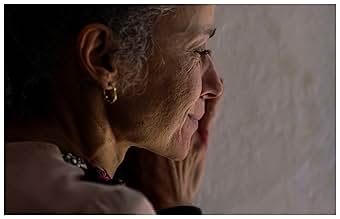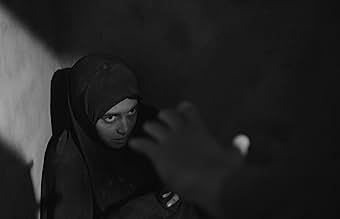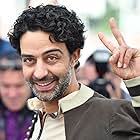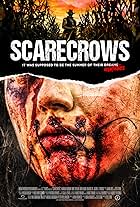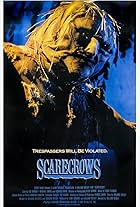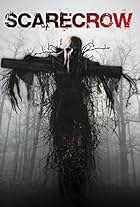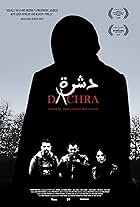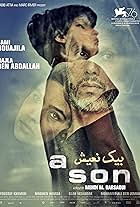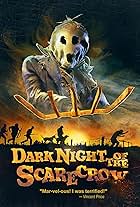"The Scarecrows" is an undeniably courageous film that, for this very reason, I would have liked to like more. Because when it comes to courage, its well-known Tunisian director ("Bezness", "A Summer in La Goulette") has never failed to show it: wasn't he jailed for several years for his political convictions? Hasn't he always tackled sensitive ideas in his works?
Once again, the subject he has chosen for his latest film is anything but obvious, even in one of the few countries that has remained democratic after the Arab Spring. Judge for yourself: two young women living in Tunis follow their respective lovers to Syria where what they discover is not at all the paradise they expected, just hell let loose: separated from their partners, they find themselves reduced to the state of an object, sexual in particular. They manage to escape but it is not the end of their troubles, far from that: back in their hometown a new trauma awaits them. Suspected of terrorism, they are imprisoned, interrogated harshly and humiliated like the worst of criminals.
Based on real facts from 2013, Bouzid's film tells the story of Zina and Djo's difficult reconstruction. Helped by three women (a doctor, a lawyer and Zina's mother) plus a young homosexual who knows what it means to be ostracized, will the two girls end up being accepted as "normal" citizens again?
A double dramatic case that offers the director-scriptwriter the opportunity to draw up, in addition to the psychological portrait of his two heroines, an inventory of Tunisian society. He does so without naivety, to say the least. The propensity of the authorities to punish without seeking to understand, the obscurantism of morals that are struggling to evolve despite the democratic current, the Muslim religion interpreted in its most radical aspect, the gaze of others for only moral standard, the inferior status of women, the unease of intellectuals torn between traditional morals and modernity, well the balance is dark, very dark. And at the cost of repetition, it takes courage to propose such a challenge to the citizens of one's own country.
But, if sincerity and courage are necessary to forge a great work, they are unfortunately not enough. Worth respect on the level of ideas, the film's problems lie in the field of its direction, editing and narrative. Although not that long in terms of pure duration, "The Scarecrows" appears awfully lengthy. What mars it is, for instance, an excess of hand-held camera work - tiring to watch. Also tedious is the monotonous string of similar shots (almost exclusively close-ups) as well as the complacent editing: many minutes of filler should have been cut to give the film more rhythm. And that is not all: if too many of the scenes languish, it is because of the uninspired dramatic structure, the tonality invariably remaining dramatic from beginning to end: no lighter counterpoint, no unimportant little facts that, by contrast, would give more impact to the climactic scenes. The only truly relevant artistic choice is that of evoking the violent and traumatic past through short flash backs. By so doing Nouri Bouzid does not fall into the trap that closes in on those who denounce violence by... making it a spectacle. These very brief scenes are in fact more than enough to suggest the horror of it all. A good point also for the musical score by Riadh Fehri, which avoids sinking into the melodramatic accents that one had the right to fear.
Now you understand why I have only mixed feelings about this respectable film. I deplore it but such a subject, given its importance, deserved to be treated with more artistic talent.



